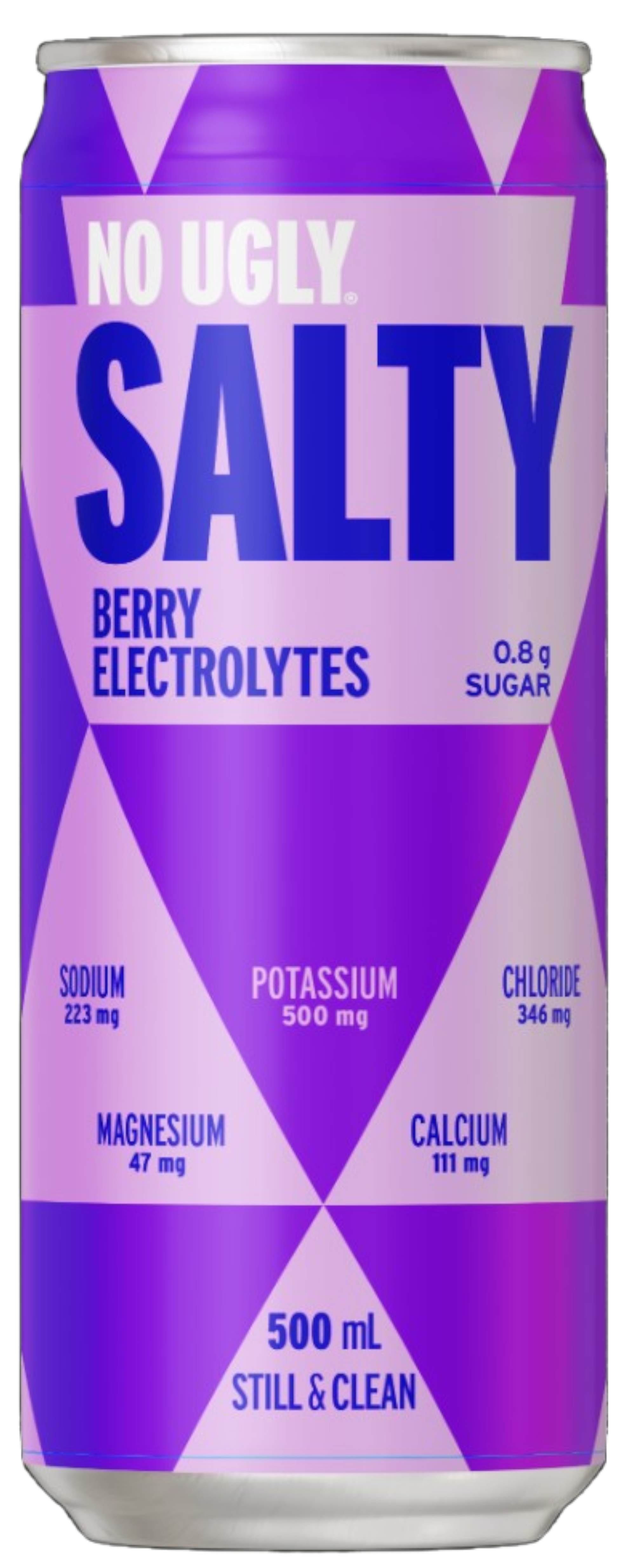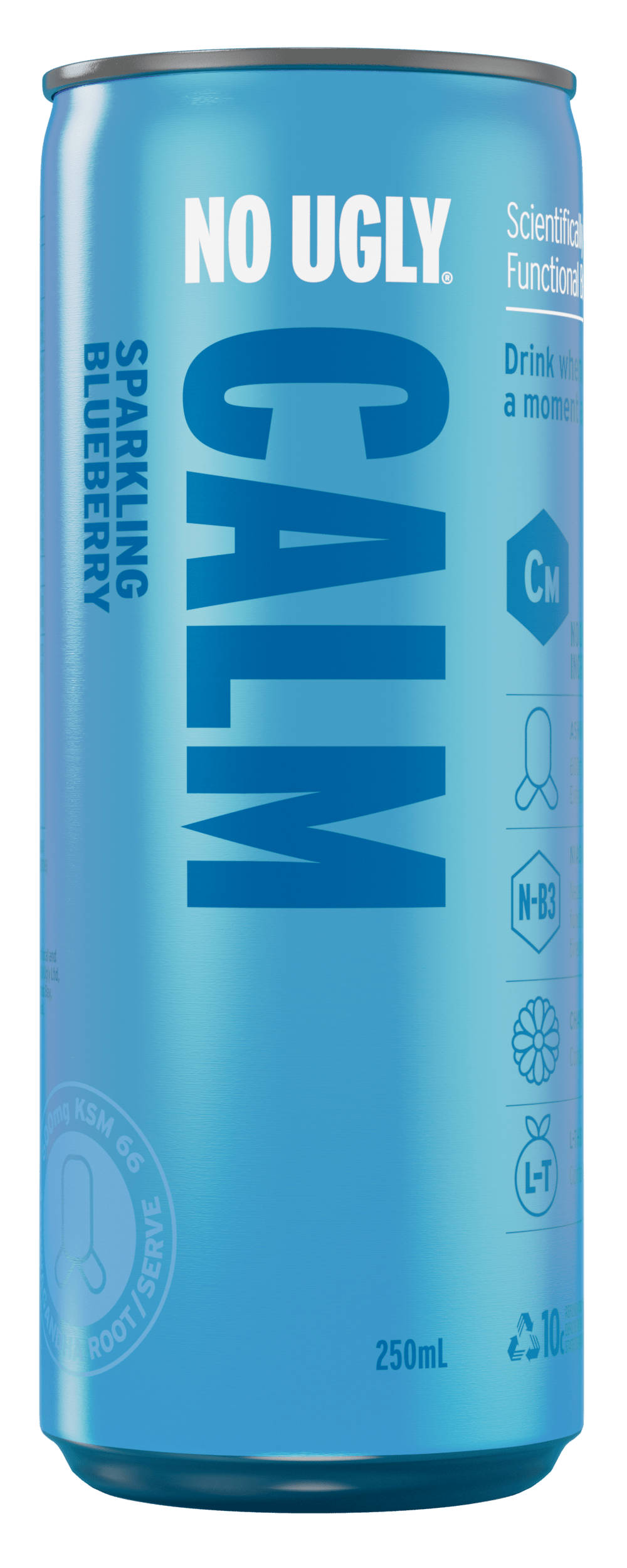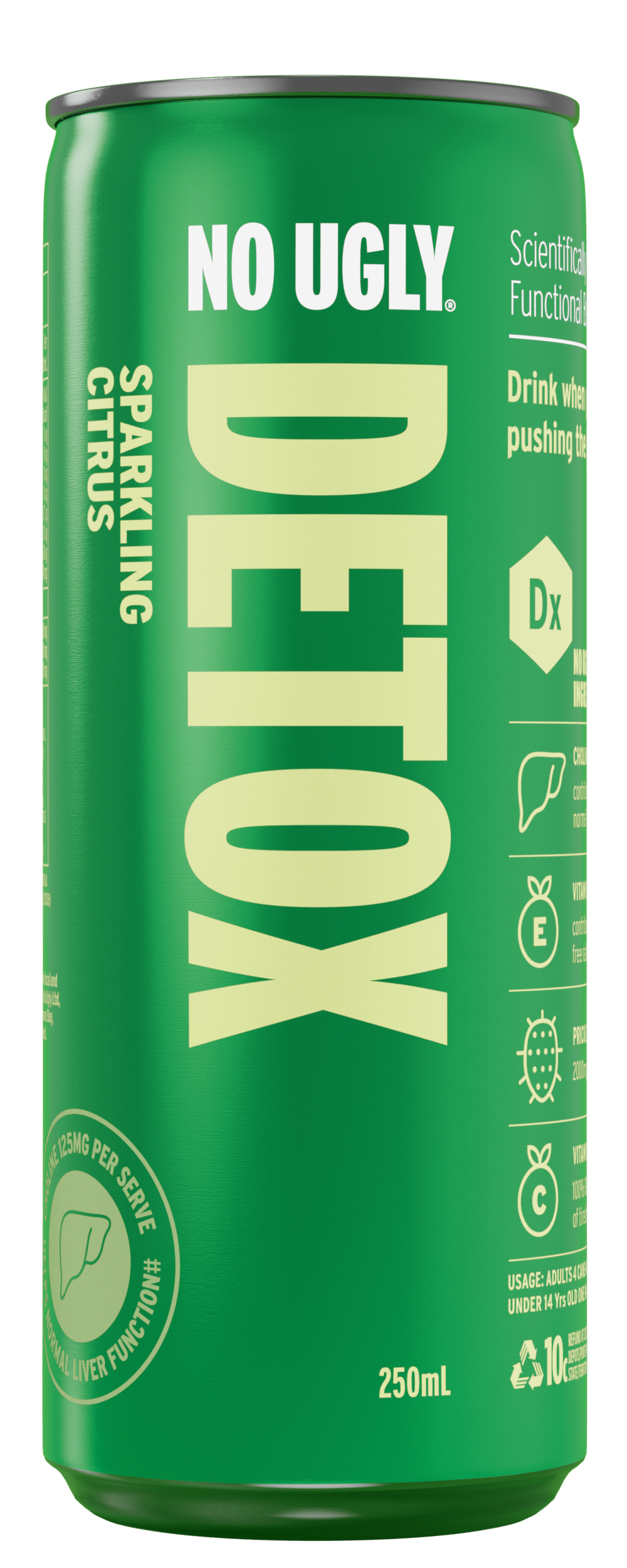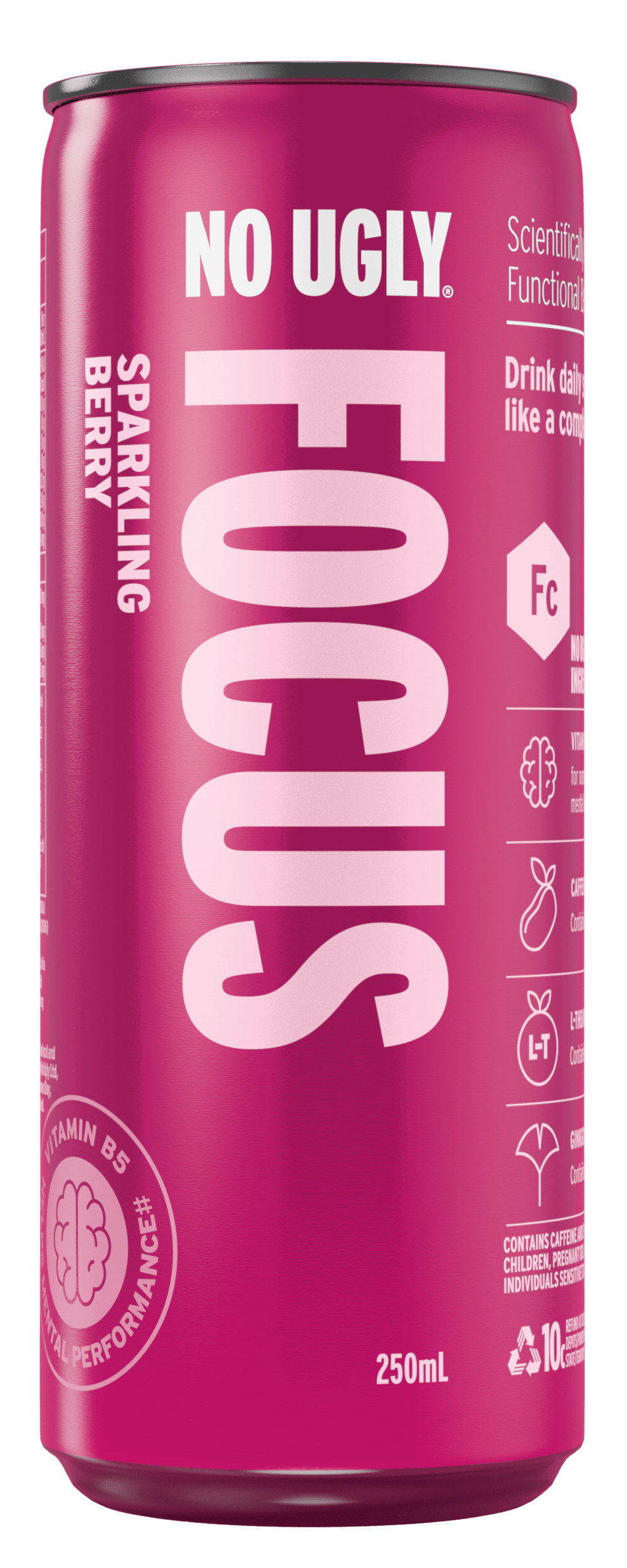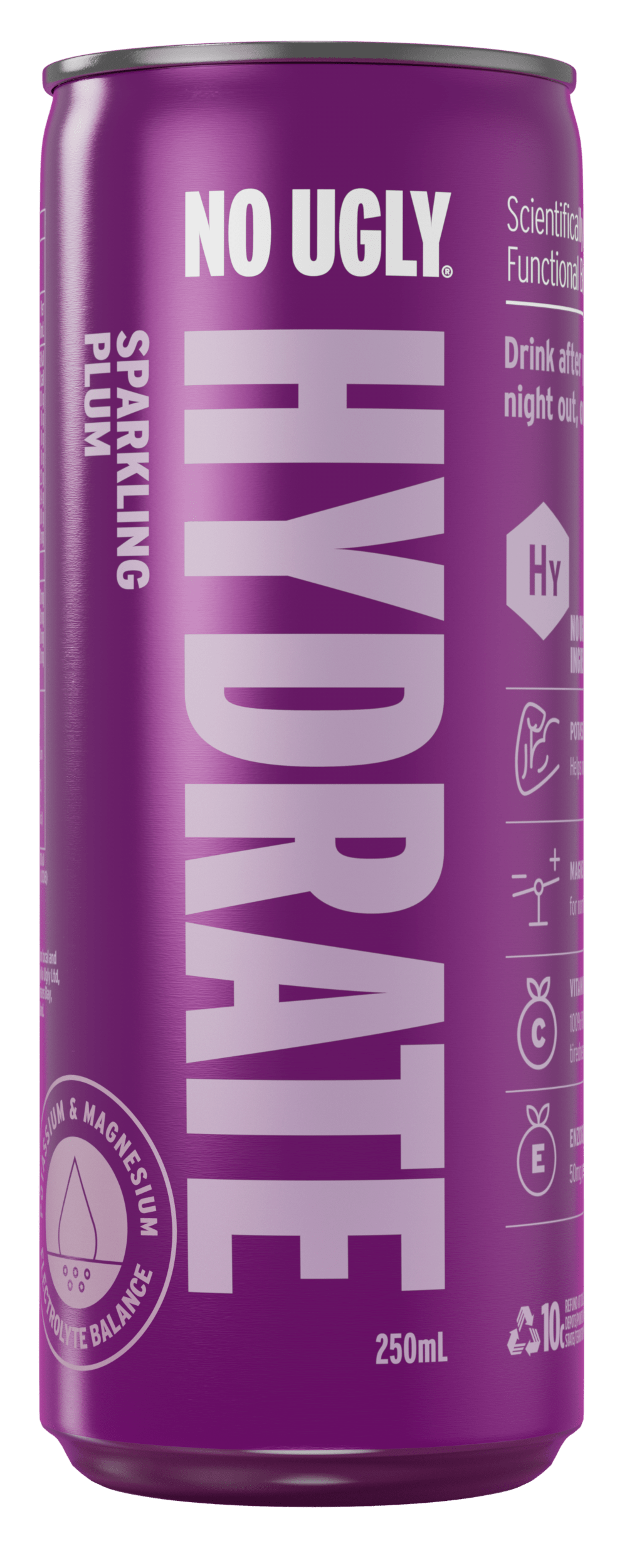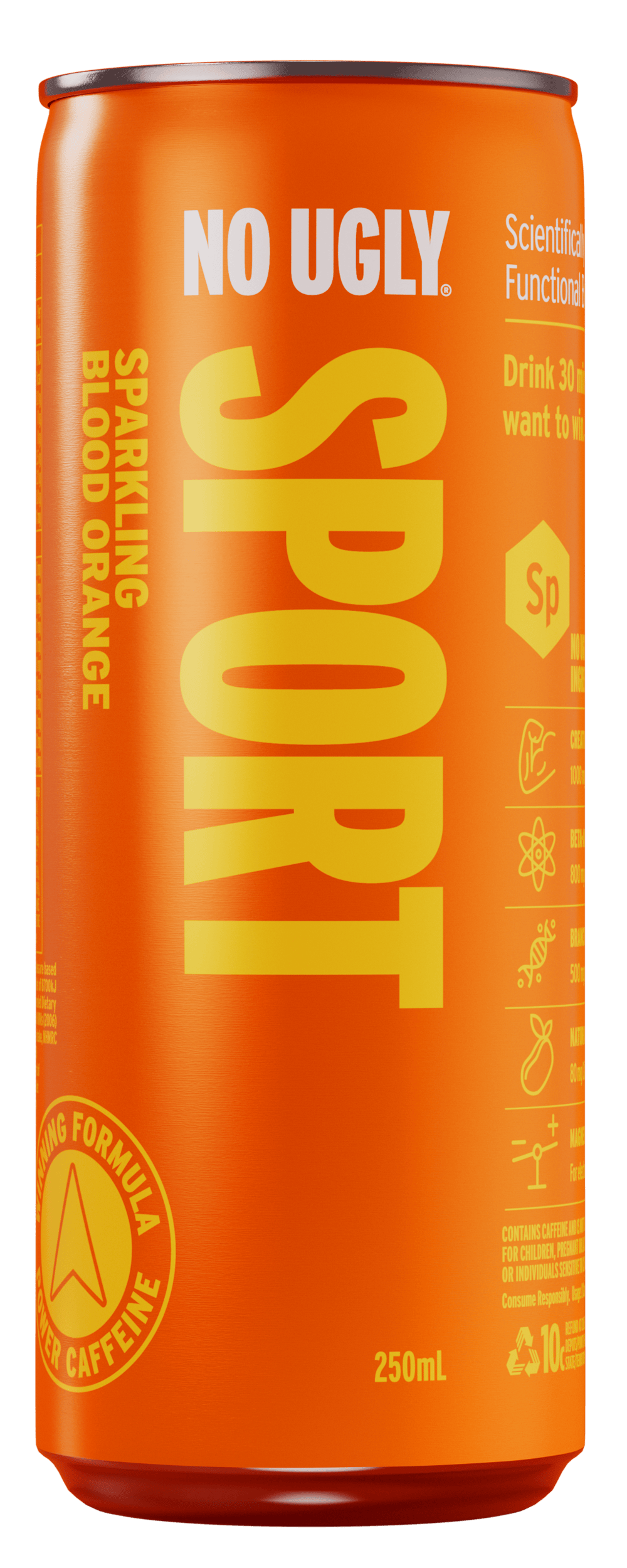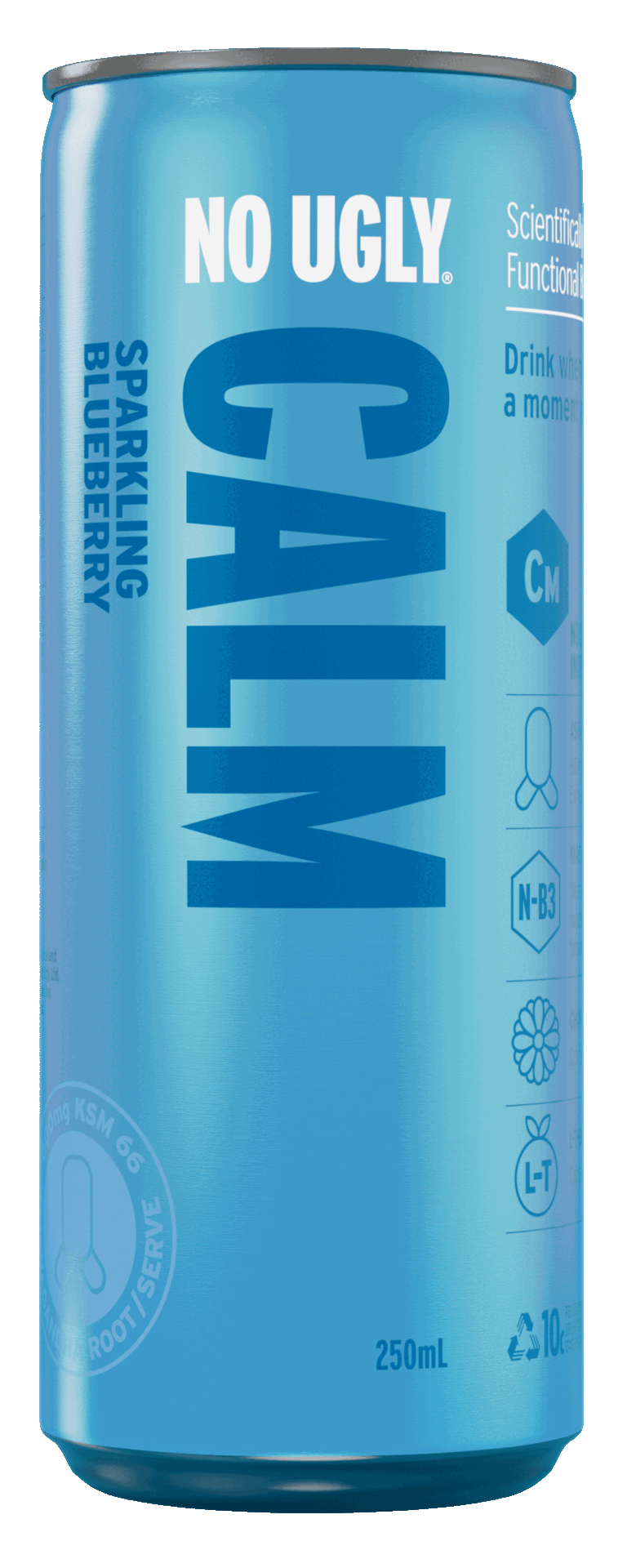OVERNIGHT SENSATION: DR ANN SHIVAS OF SLEEP LOOP
Originally published NZ Herald VIVA,
Wednesday 17 March 2021
By Ashleigh Cometti
It’s been cited as one of the newest pillars of health, alongside movement and nutrition, but our newfound awareness of the importance of sleep doesn’t necessarily equate to us getting more of it.
Counting sheep is a big business, and over the past few years the number of prescription requests for melatonin (the sleep hormone) has increased tenfold, as has the rise in over-the-counter options purported to calm the body and prepare it for sleep.
Dr Ann Shivas has spent the last decade diving deeper into the world of sleep hygiene – with nary a sanitiser in sight. By definition, sleep hygiene means setting up your environment properly for sleep, Shivas explains.
Her PhD in physical medicine and background in biology, osteopathy and traditional Chinese medicine led her from Ontario, Canada, to Auckland, where her continued investigations into sleep quality saw her enter into the world of epigenetics.
So how do we create “good” sleep hygiene and what does that look like? Shivas and her team from The Sleep Loop created the acronym SLEEPS, which explains how sleep is environmental. “Schedule, Light, Eat and Drink, Environment, Physiology, Stress. Our team has done extensive research showing that these are the major contributors to enhancing a good night’s sleep,” she says.
This research spurred on a collaboration opportunity between The Sleep Loop and local beverage company No Ugly. Their challenge was formulating a sleep tonic that supplemented vitamin and mineral deficiencies and boosted immunity, all while tasting delicious.
“After a few tests (nighttime Zzz’s and a few daytime naps) we realised we had the winning combination to help those who haven’t quite got their sleep on point and needed some assistance,” Shivas says.
The new No Ugly Sleep Tonic , contains magnesium, tart cherry, passionflower, lemon balm and vitamin D to support sleep. It contains 70mg of magnesium (40 percent of your recommended daily intake) along with 1200mg of tart cherry – a natural source of melatonin.
Shivas recommends coupling short-term supplementation with a longer-term approach by following the SLEEPS model – dealing with stress, food choices and other factors that can improve sleep hygiene and promote sleep ongoing.
Not sure where to start? Check your sleep score here, or give yourself a sleep audit by following these tips below.
Check your daily schedule. "A consistent schedule that allows you to go to bed around the same time each night will help regulate your body," Shivas says. And yes, even on weekend nights too.
Have a fixed wake-up time
Along the same vein, Shivas recommends setting and sticking to the same wake-up time daily.
"Regardless of whether it’s a weekday or weekend, try to wake up at the same time since a fluctuating schedule keeps you from getting into a rhythm of consistent sleep," she says.
Prioritise sleep. "It might be tempting to skip sleep in order to work, study, socialise, or exercise, but it’s vital to treat sleep as a priority," Shivas says. "Calculate a target bedtime based on your fixed wake-up time and do your best to be ready for bed around that time each night,"
Is your room full of light? If you're light sensitive, Shivas recommends trying a face mask or black-out curtains to tell your body that it is time to sleep, along with eliminating exposure to blue light sources before you attempt to catch some Zzz's.
"If you are constantly on your phone or in front of a computer, your aren't exactly setting yourself up for sleep," she explains. "Our body will still think it needs to work instead of cultivating a 'cool-down' period without any lights. This could include reading, meditating, a bath, breathwork or enjoying some tea."
Check your sleep environment. Ask yourself: do you have a set up where you are comfortable sleeping? Have you blocked out noises that might wake you? For example, if your partner disrupts your sleep then Shivas says to wear ear plugs to improve sleep environment.
Other tips to try include setting up candles or using lavender essential oils which can have calming effects on the brain and body, Shivas says.
Do you eat before bed? Eating before bed can put the digestive system into overdrive. It forces our body to go through a process to digest. Therefore, our body is working while we are trying to detox," Shivas says.
Instead, allow your body to digest your food for two to three hours before hitting the hay. If hunger strikes, a small snack is okay, or opt for a sleepy time tea to fill the gap.
Breathe better. Shivas says the busier we are, the harder it is to catch a breath (quite literally).
"The feedback I get is life has evolved and changed, and we are trying to keep up! So while you are reading this: take a deep breath in ... for 1...2....3... and slowly let the breath out for 1....2....3.... Congrats! You just changed your physiology by allowing yourself to be aware of your breath to gradually calm the nervous system. This is one recommendation we have in the physiology section of our SLEEPS protocols," she adds.
Minimise stress. The difference between feeling stressed and experiencing fatigue are two very different things, Shivas explains.
"Stress plays a role in everyone's life. It's important to know, yes we can have stress in our days however many are overdoing it and operating fatigued daily. This is often where I see mental health issues pop up," she says.
While people often reach for a quick-fix in the form of medications, or supplements, Shivas believes there's no long-term solution to managing stress. "I do use some supplements like magnesium, Artemis Sleep Tea, vitamin D and lavender essential oils. There are many studies on how it lowers inflammation and helps the body increase immunity, which is likely what the world is looking for in this moment," Shivas says.
Don't obsess over sleep apps. The rise of apps that track sleep duration and quality can sometimes be counterintuitive, Shivas warns.
"Applications I believe are quite helpful as long as we aren't obsessing over them! The same goes for seeing your data after your sleep.
Treat the data as a tool to understand yourself. If your scores on applications are all over the place and you are finding yourself in a rut, take your data to a professional to help guide you through it.
The data is a wonderful way to help a coach or yourself understand what your body requires," she says. The team at Sleep Loop use sleep trackers to help people observe the hours of sleep they're clocking up, which gives them a better idea of how to promote having a consistent and better night's sleep.
